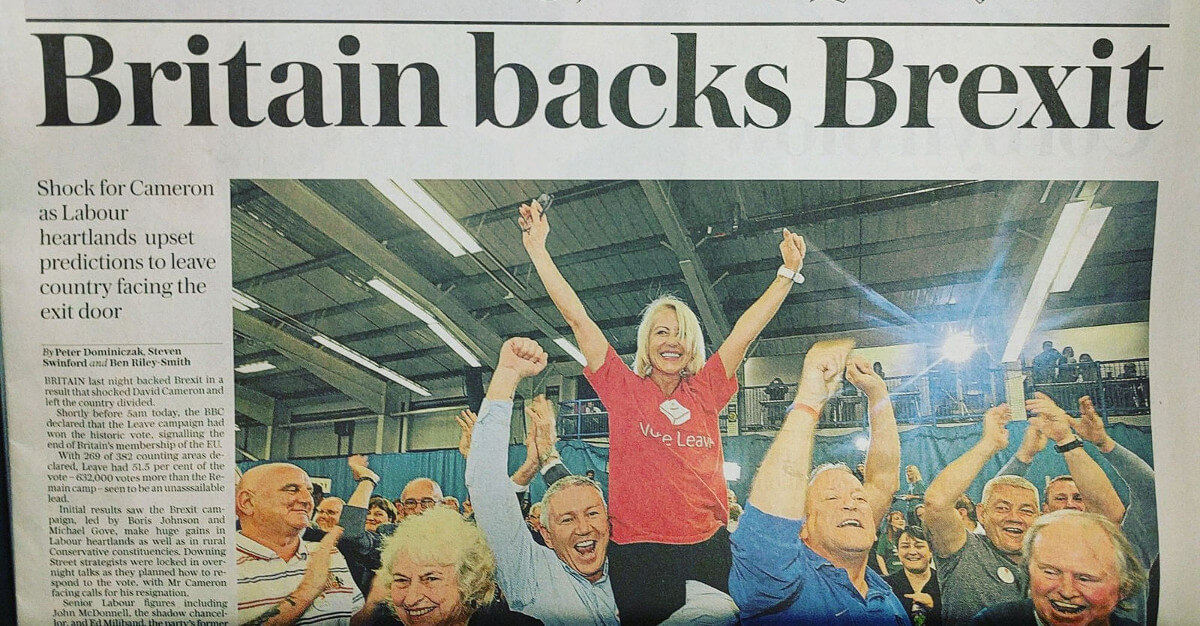The UK’s “Brexit” vote to leave the European Union has certainly generated much rending of garments among media and political figures on both sides of the Atlantic. I am still unclear how some breathless reporting on Google search trends plus interviews with a few clueless “Leave” supporters proved that all 17.4 million votes to leave the EU were cast by idiots, but I suppose that sort of incisive commentary is why we have media professionals.
I have little to say about the merits of Brexit itself. It will cause some short-term economic pain to Britain and to the global economy, but I am very sympathetic to the desire of the British not to be governed by unaccountable technocrats in Brussels (who celebrated Brexit with sweeping new regulations on electric kettles and toasters across the continent). For the moment, though, I am less interested in the merits of Brexit itself than in why the EU is seen as so essential by so many. Of course, there are plenty of reasons to support the EU, some of them quite sound, but much of the angst over Brexit seems to be driven by a sentimental attachment to the idea that the EU was a step in the direction of wiser, more dispassionate European governance. As such, it is part of a larger tendency, particularly common on the left, to want to solve social problems by putting Better People in charge of them.
“Better” invariably means membership in the intellectual class, with the education, assumptions, and values which go along with it. In the case of the EU, governance by officials who share the elites’ cosmopolitan internationalism (or anti-nationalism?) is supposed to avoid the conflict which has characterized most of the continent’s history, but this same instinct for putting Better People in charge plays out in a million ways in modern politics. In America, it has resulted in everything from the nationalization of health insurance to nanny-state oversight of parenting.

